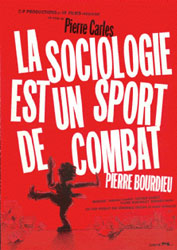
Doug McAdam, Professor of Sociology at Stanford University was interviewed by Daniel Little, Professor of Philosophy at University of Michigan-Dearborn on May 13th of this year. The interview is available on youtube and I post the links below. Little is primarily a philosopher of the social sciences and it is in this guise that he had interviewed some of the most prominat sociologists in the world, including the late Charles Tilly, as well as Sidney Tarrow and George Steinmetz, among others. I will post the rest of these interviews here at some stage but for now I can only post the most recent one. Indeed, it might be interesting to watch the others either before or after this one, as many similar themes and concerns emerge during the interviews. Also of interest from Little are his blogs, with changingsociety.org acting as a useful gateway. Much of interest here, which i hope to return to soon.
Continue reading “Contentious Politics: Doug McAdam Interviewed by Daniel Little.”



